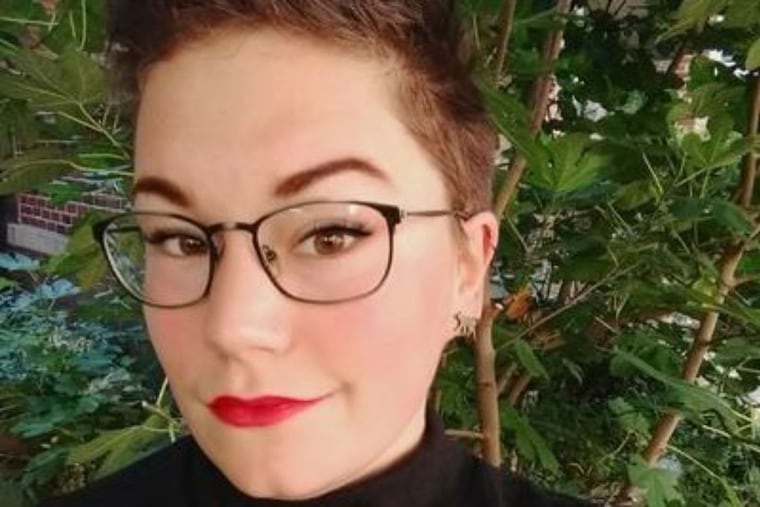Penn teaching assistant says: I will always call on my Black women students first
Advocating for inclusion of voices historically silenced or left out or unheard is not discrimination.

Maybe my political science professor didn't hate me.
Maybe every time I gave him the "Please, Baby Jesus, don't call on me" look, and he did anyway, he was actually trying to encourage me, a first-generation college student who felt as if she didn't belong, and that whatever she said wasn't as smart as whatever the more extroverted students had to say.
If that was the case, I probably owe that man an apology for all the horrible things I wished on him as I gathered the courage to speak, and I'm glad Twitter wasn't around when he was trying to get quieter students to speak more. Because apparently, encouraging marginalized students to participate in class is controversial.
Who knew?
Stephanie McKellop, a graduate student teaching assistant at University of Pennsylvania, knows.
On Oct. 16, McKellop tweeted:
"I will always call on my Black women students first. Other POC get second tier priority. [White Women] come next. And, if I have to, white men."
You can guess how that went over.
Not the most artfully constructed tweet, that's for sure – especially for someone in the super-sensitive environment of academia. Remember how Drexel University reprimanded George Ciccariello-Maher for his controversial tweets after numerous threats were made against him and the campus.
Unsurprisingly, the Twitter hounds pounced on McKellop, ignoring her subsequent tweets, which explained the "progressive stacking" method that seeks to offer marginalized students more opportunity to speak in the classroom. Calls went out for the history lecturer's head. She's a racist, a sexist. She's "unfit for academia."
Twitter, the land where nuance and context go to die.
In a Chronicle of Higher Education article I highly recommend for everyone whose hair is on fire, an associate professor at the University of Arizona explained that sometimes-misunderstood technique.
Progressive stacking does not mean a professor calls on marginalized students who have not volunteered to speak – so maybe that professor did hate me! It also doesn't mean never calling on white men.
It's "an acknowledgment that traditional pedagogical techniques have silenced marginal voices," said Nolan Cabrera, the Arizona professor.
Not much different, several professors told me, from what many good teachers do without thinking, or tweeting, in an effort to include much-needed and long-overdue perspectives in classrooms. Or, even simpler, to give everyone a say.
Inclusion is not discrimination.
According to a screenshot of McKellop's tweets, which are set to private but were shared by supporters, the university was set to condemn McKellop for using progressive stacking.
"Because this involves calling on Black students more readily than white men, the white nationalists and Nazis were very upset," read McKellop's tweet.
Another of McKellop's tweets read: "They did keep me from going to lecture with my students and they *canceled* their classes with me this week."
Later, Penn released a statement from Steven Fluharty, dean of the School of Arts and Sciences, saying that "contrary to some reports, the graduate student has not been removed from the program and we have and will continue to respect and protect the graduate student's right to due process."
"We are looking into the current matter involving a graduate student teaching assistant to ensure that our students were not subjected to discriminatory practices in the classroom and to ensure that all of our students feel heard and equally engaged."
Which sounds a lot like what McKellop was advocating.
What amazes me, whether we're talking about Black Lives Matter, athletes taking a knee against police brutality, or teachers trying to enrich conversations with perspectives that have historically been missing from the classroom, is the reaction from historically dominant voices screaming that they're being silenced while drowning out everyone else.
There are a lot of words to describe that, but we can start with hypocritical.
I've been on both sides of the desk. I was the marginalized student, and the teacher trying to get marginalized students to speak up more.
As scary as it was to talk in class, it forced me to find and value my voice, and continue to find and value the voices of others whose voices have gone unheard. So maybe I owe my voice as a columnist to that professor.
And as awkward as it sometimes felt to try to engage the quieter students in my class, I know one thing for sure — conversations are always enriched by greater inclusion, and any teacher who advocates for that gets an A in my book.